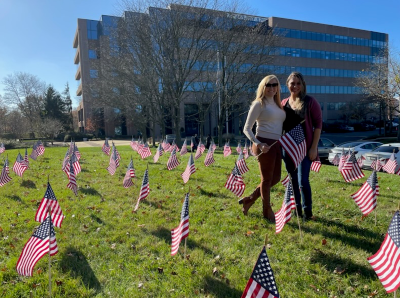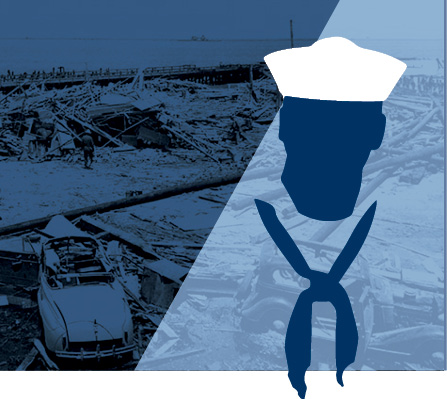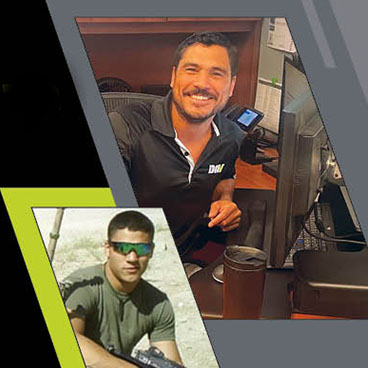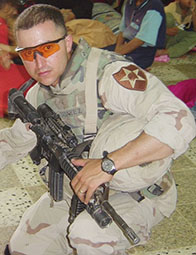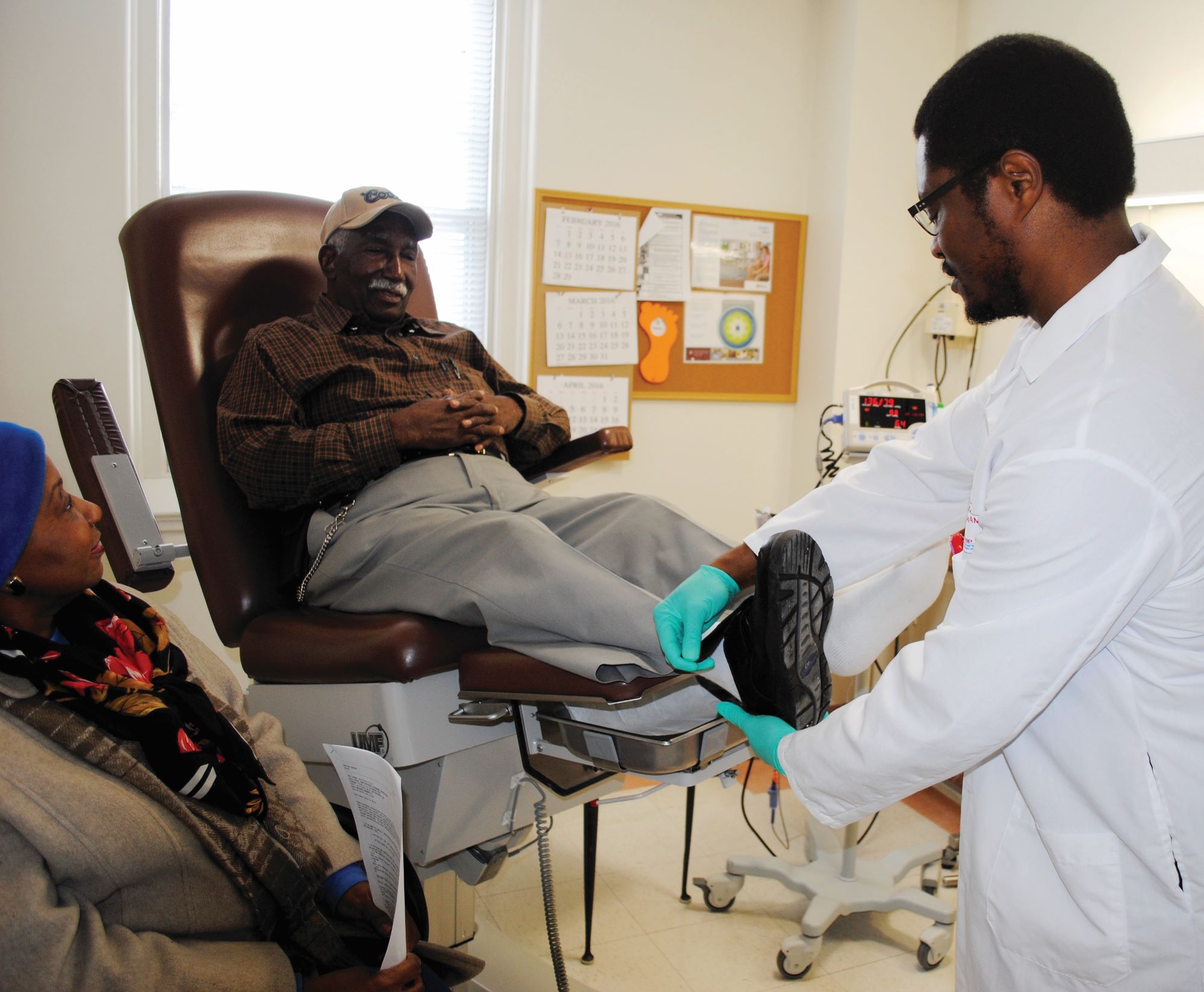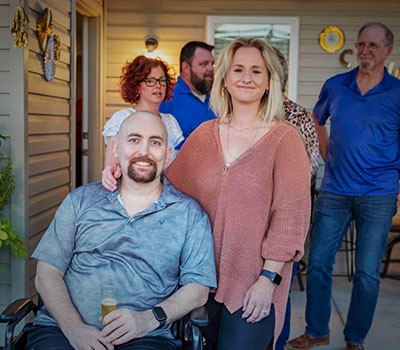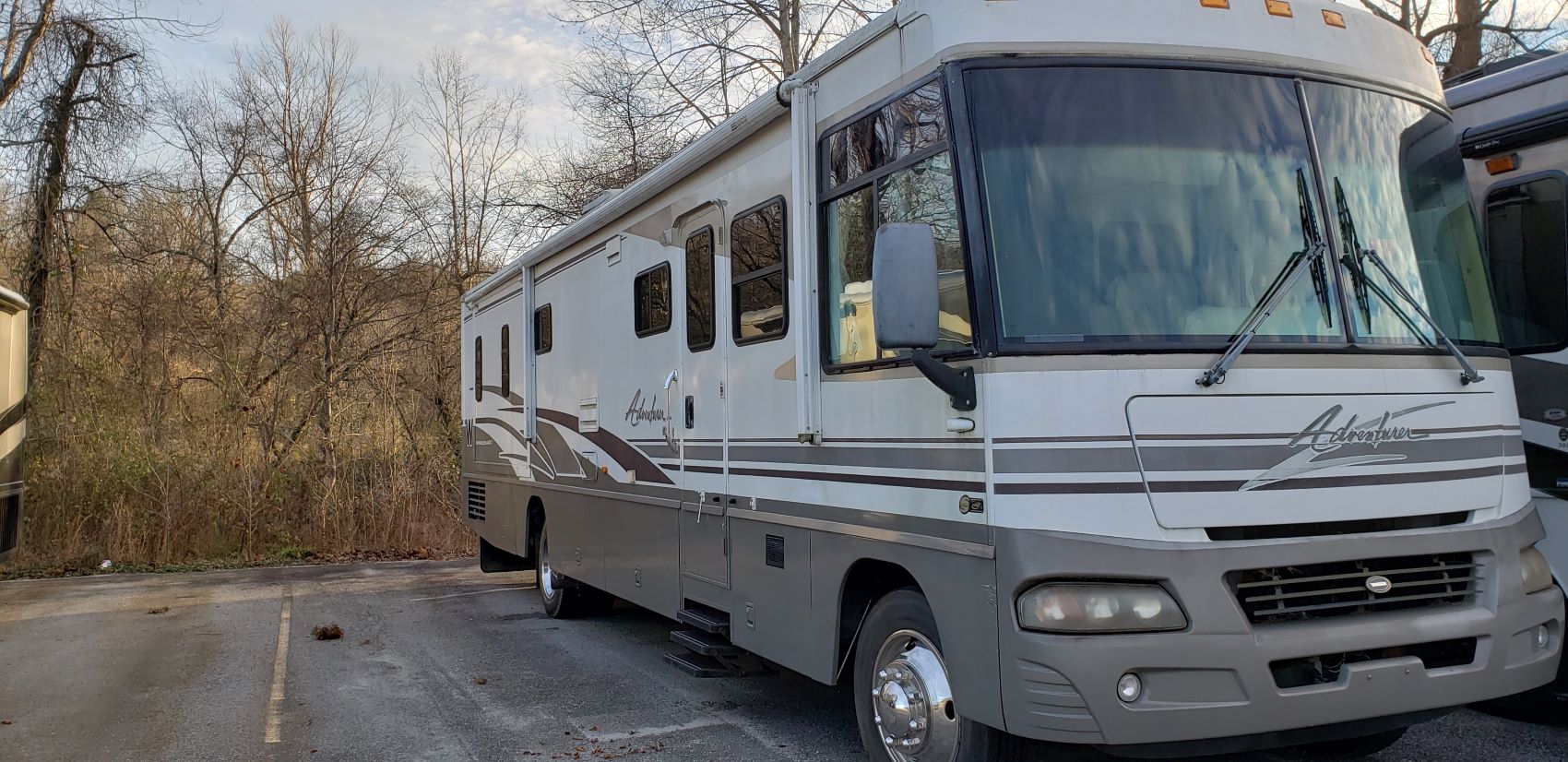He looked like a "shell of a person"

When Natalie White found her husband unresponsive the morning after his 41st birthday, she thought it was just another bump in what had been a very rough road. She assumed he’d wake up like he had before when something similar happened.
At 30-weeks pregnant with what she calls their miracle baby, White couldn’t fathom anything different.
“I should have known he was already gone,” she said.
Air Force veteran Clayton White never woke up. His death followed years of mysterious illnesses that Natalie believes were linked to his service at a U.S. military base contaminated with a litany of known toxins.
Between 2001 and 2005, more than 15,000 service members deployed to Karshi-Khanabad Air Base in Uzbekistan in support of military operations into northern Afghanistan following 9/11. Known as K2 or Camp Stronghold Freedom, the former Soviet air base contained residuals of chemical weapons, radioactive depleted uranium and jet fuel, among nearly 400 other chemical compounds.
White said her husband Clayton looked like a “shell of a person” when he returned from K2. His watch spun around his wrist, an indication of how much weight he’d lost. Soon after, he started suffering from migraines and couldn’t concentrate on tasks he once enjoyed.
The list of Clayton’s ailments came to include thyroid disease, chronic hypertension, gastrointestinal issues, seizures, respiratory problems, pancreatitis and tinnitus.
“I became his caregiver,” White said. “We had to change our lives completely around.”
Clayton only received a Department of Veterans Affairs service-connected disability rating for tinnitus.
 In the wake of his death, his wife has been unable to obtain survivors benefits as she raises the daughter he never had the chance to meet.
In the wake of his death, his wife has been unable to obtain survivors benefits as she raises the daughter he never had the chance to meet.
In the years since the U.S. ceased operations at K2, much has been learned about the toxic exposures there, but little has been done.
“Toxic exposures—and specifically recognition of the exposures at K2—will be part of DAV’s critical policy goals in 2023. We won’t stop beating that drum,” said DAV Deputy National Legislative Director Shane Liermann. “We will seek legislation that concedes K2 exposures, orders studies on those exposures and establishes presumptive diseases.
“And we expect Congress and the VA to act with the urgency required to keep our promise to these veterans and their families.”
Caregivers of our wounded, ill and injured veterans need your support. Your gift today ensures that our nation’s heroes have access to the benefits and healthcare they need and deserve.
For updates on DAV-sponsored K2 legislation and to learn how you can support such measures, join the Commander’s Action Network at davcan.org.

